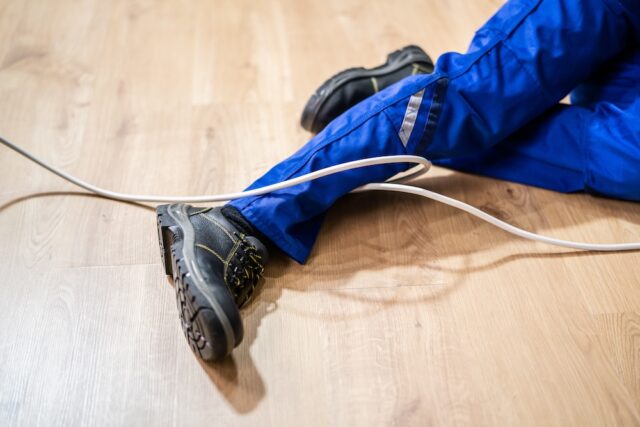
Losing a loved one because of the negligent, reckless, or deliberate actions of another person is unacceptable, and makes the mourning process all the more painful. Understandably, no amount of money can make up for this loss, but it may just be the only way you can bring justice to this unfortunate situation. If you would like to hold the at-fault party responsible, continue reading to see how an experienced Passaic County wrongful death lawyer from the Law Offices of August R. Soltis can help you determine if you are qualified for a wrongful death claim.
Who Can File a Wrongful Death Claim in New Jersey?
In New Jersey, not just anyone can file a wrongful death claim. Under state law, the personal representative of the deceased’s estate—often referred to as the executor or administrator—is responsible for initiating the claim on behalf of surviving family members. This representative is typically named in the deceased’s will or appointed by the court if no will exists.
While the estate files the claim, the compensation recovered is distributed to specific family members who were financially dependent on the deceased. Those eligible to receive compensation include:
- The deceased’s surviving spouse and children.
- The deceased’s surviving parents.
- The deceased’s surviving siblings, nieces, or nephews—if they can prove financial dependence on the deceased.
Unlike some states, New Jersey law does not allow distant relatives or close friends to file a wrongful death claim unless they were financially reliant on the deceased. If you’re unsure whether you qualify, consulting a knowledgeable wrongful death lawyer can help clarify your rights and legal options.
What Constitutes a Valid Claim?
Not every tragic death qualifies for a wrongful death lawsuit. In New Jersey, a wrongful death claim is only valid if certain legal elements are met. Specifically, you must establish the following:
- A Wrongful Act Occurred: The death must have been caused by someone else’s negligence, recklessness, or intentional misconduct. This could stem from a car accident, medical malpractice, defective products, workplace accidents, or even criminal acts.
- A Duty of Care Existed: The responsible party must have owed the deceased a legal duty of care. For example, a driver has a duty to follow traffic laws, and a doctor has a duty to provide competent medical treatment.
- A Breach of Duty Occurred: It must be shown that the at-fault party failed to uphold their duty of care. This could mean a driver was intoxicated, a property owner ignored safety hazards, or a manufacturer sold a dangerously defective product.
- Causation is Clear: There must be a direct link between the wrongful act and the victim’s death. This means proving that, had the negligent act not occurred, the deceased would not have lost their life.
- Quantifiable Damages Resulted: Lastly, a valid wrongful death claim must demonstrate that the surviving family members suffered financial or emotional losses as a result of their loved one’s passing. These can include lost income, funeral expenses, medical bills, and the loss of companionship.
Recovering Compensation in a Wrongful Death Claim
As long as you can provide a sufficient amount of evidence that your loved one lost their life as a direct result of the wrongful act of another, you will have a strong wrongful death claim that will allow you to recover compensation. Such compensation can include the following:
- The cost of funeral and burial expenses.
- The cost of medical bills incurred by the decedent before they passed away.
- The cost of lost wages that the decedent would have provided in the future.
- The cost of services provided by the decedent.
- The loss of prospective net accumulations of the estate.
- Emotional suffering and mental anguish.
- The loss of companionship, supervision, and guidance, especially for the loved one’s children.
Statute of Limitations for Wrongful Death Claims in NJ
Taking legal action may not seem like a priority during this difficult time. However, there is a narrow window in which you can file a wrongful death claim. Specifically, in the state of New Jersey, the statute of limitations is just two years from the date of your loved one’s death. To avoid being barred from suing, it is in your best interest to retain the services of a skilled Passaic County personal injury lawyer as soon as possible.
Contact a New Jersey Personal Injury Lawyer
If you’ve lost a loved one due to another party’s negligence, you can depend on a compassionate and skilled Passaic County wrongful death lawyer from our firm to walk you through the process and fight for the justice you deserve. Don’t hesitate to contact our firm today for a free case evaluation.
Our Latest Blogs
© 2025 Law Offices of August R. Soltis. All rights reserved. Attorney advertising.


